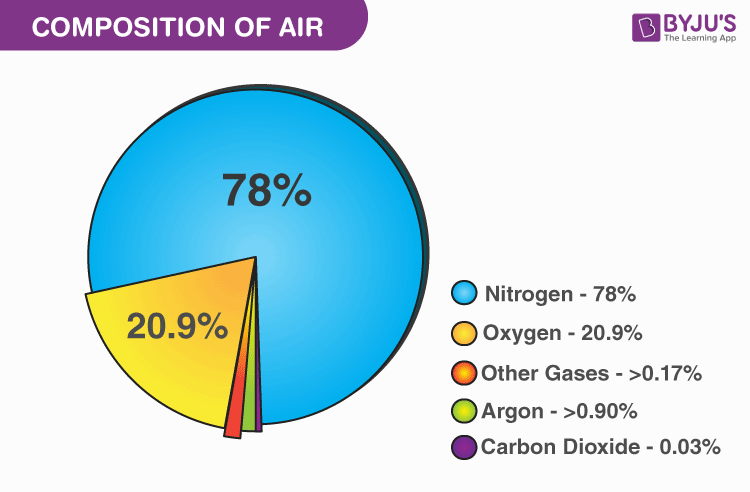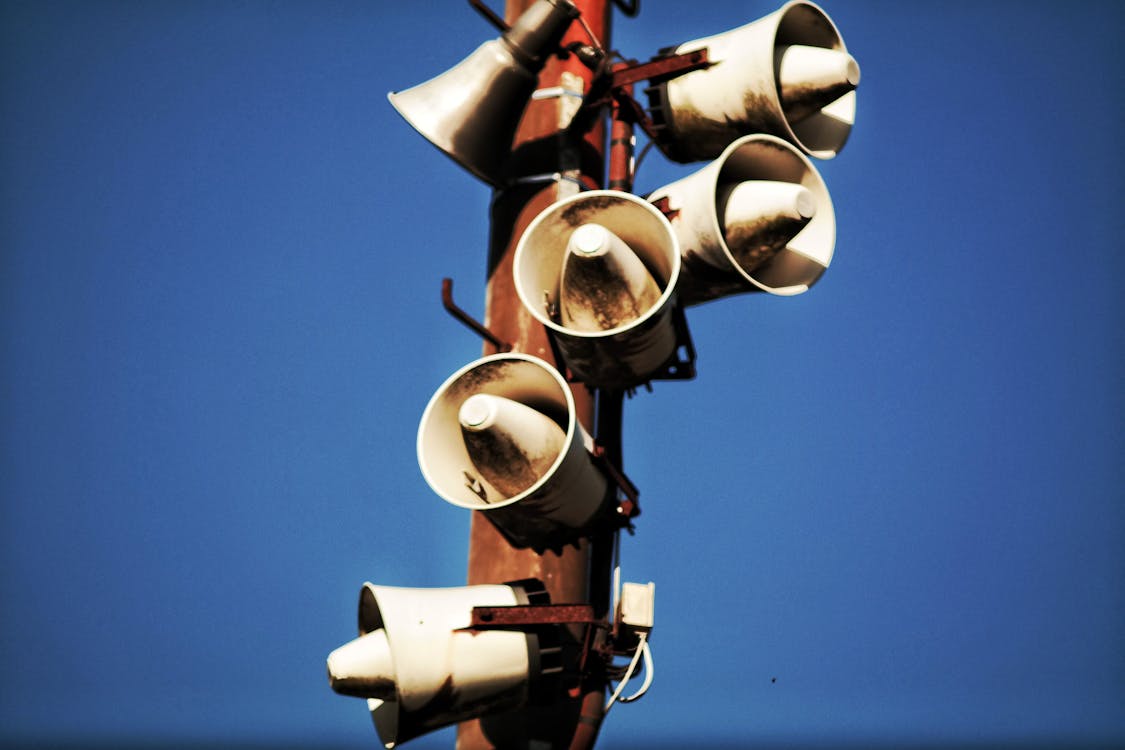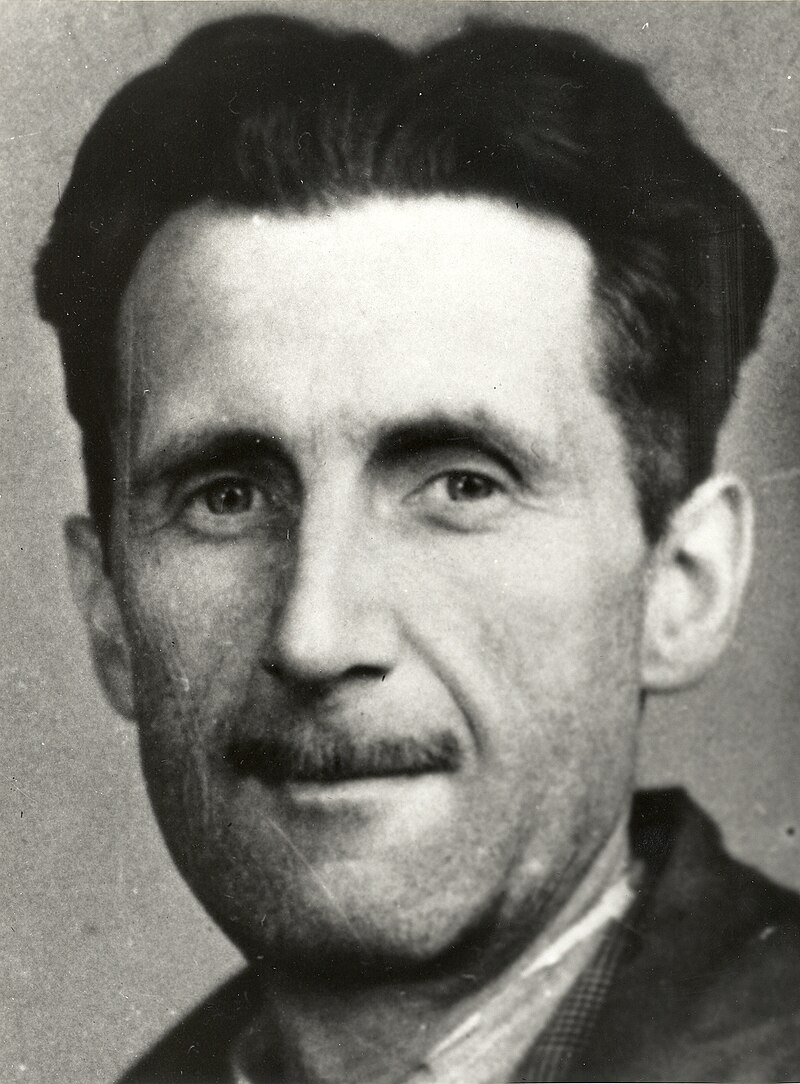Content
PHE 10 Final Goal Setting
 Loading...
Loading...
Astronomy Wonder Project- What if space was full of breathable air?
Have you ever wondered what would be different if we lived in a world where space was full of air?
Before you say “Well duh-doy we could breathe in space” consider this post, what might seem like a blessing may turn into a world ending curse.
Context
- Ok lets assume that space has always been full of air, if a universe sized quantity of air were to simply pop into existence we would all most likely get crushed and die instantly.
- Lets also assume that the air in space is also the same chemical mixture that we breath. Our breathable air is mixture of gasses, containing around, 78% nitrogen, 21% oxygen and about 1% argon.

Image from https://byjus.com - Finally lets assume the Earth somehow survived the multiple world ending catastrophes that would occur if space was full of air. (More on that next)
Apocalypses
Being able to take a deep breath of cosmic air sounds real nice right? Well the cost for that sweet gulp of radioactive space gas might be more than you bargained for…
Helpful Video:
Apocalypse number 1: Friction.
Have you ever tried rubbing sandpaper against another piece of sandpaper? If yes you know that it is not particularly easy, you may have also noticed that it generates some heat. The thing you may unaware of is that air causes friction. In normal space there is little to almost no friction exerted on objects. Taking into account that the Earth orbits the sun at 107,000 km/h’s, the amount of thermal energy created by the incredibly high amounts of friction would be enough to completely fry the surface destroying everything.
Apocalypse number 2: Moon Collison
Ok, lets say we the Earth somehow had a special friction shield around it and we were able to survive, now we have a new problem. The moon would be under so much friction that it would eventually slow to a complete halt, this would then cause the Earths gravity to pull the moon towards us, resulting in a spectacular Legend of Zelda: Majora’s Mask style game over.

Apocalypse number 3: Pressure
Say, lets also add the friction shield to the moon. BUT WAIT! Our problems are not done yet, this brings us to the problem of pressure. Within a few hours, “our planet will be attracted by air from space and the atmospheric pressure on the Earth will grow rapidly. In a short time, the increased atmospheric pressure will crush all life on Earth” (6).
Apocalypse number 4: The Great Darkness
Lets say the Earth and the moon have a friction shield and a pressure shield? That has to be the end of our problems right? BUT NO! With our normal conditions the suns rays of light have no problem making their way to us and through our atmosphere, but when you add the 151.94 million kilometers of air to that equation things get tricky. The sun’s light would get scattered by the air on its way to us this would plunge us into darkness, but don’t worry we would still have the lovely air friction to keep us warm.
Solution?
There is no real possible solution for this problem, as technology would be out of the question due to the Earths age and that for evolution to occur a planet is slightly important. The only solution to the friction dilemma would be for the Earth to stop moving but that opens up a whole new can of worms.
Noise

Noise travels very poorly in space due to the extreme lack of molecules, when you add a near infinite amount of air into the mixture things change. For starters using special equipment scientists would be able to hear galactic events such as nebulas, black holes and more! But the problem with this is that everyone would probably need hearing aids. Normally we are unable to hear the giant star that provides us with light but in a world where space is filled with air the noise would be able to travel and reach us.
“The sun makes noise due to its constant flow of hot material on the surface and then the sinking of cooled material toward the center. On the surface, this noise is estimated to be 10x to the 100x the power of speakers at a rock concert” (2)
The sun’s sound would of decrease as it made its way to Earth but it would still be incredibly loud, this would be quite the discomfort for many. Perhaps we would have evolved to be deaf or unable to hear certain frequencies but this is merely hypothetical.
Helpful video:
Interesting Changes
If we were somehow able to persist past all of these issues some interesting changes would occur.
Here are some examples:
- Space ships would need to be able to withstand air resistance and the heat generated from friction.
- Rockets would most likely have wings to help with aerodynamics.
- Rocket fuel costs would be much higher as more thrust would be needed to make space voyages.
- Satellites would need constant trust to prevent atmospheric drag (air slowing down objects) from slowing them down causing Earth to pull them in.
- Space air may not be breathable, due to aspects such as solar radiation and temperature we may still need our cozy space suits.
- Stars would warm the air around them causing places close to stars to be incredibly hot whilst places far from stars may be incredibly cold.
- There would be new types stars! this is caused by the air clumping up and condensing.
And much more!
Concluding Note
In conclusion we may be able to breath in space but the consequences and repercussions from an air filled universe far outweigh any positive that may arise.
References
1. BRIGHT SIDE Series. “What If Space Was Filled with Air?” YouTube, 16 Apr. 2024, www.youtube.com/watch?v=nrB6lzHlfYs. Accessed 14 June 2024.
2.GraceJung. “The Sun Sounds like Screaming Sirens.” American Academy of Audiology, 7 July 2023, www.audiology.org/the-sun-sounds-like-screaming-sirens/#:~:text=The%20sun%20makes%20noise%20due. Accessed 14 June 2024.
3.Lavender, Gemma. “How Loud Would Stars Be If Space Was Full of Air?” SpaceAnswers, 27 July 2018, www.spaceanswers.com/deep-space/how-loud-would-stars-be-if-space-was-full-of-air/. Accessed 13 June 2024.
4.Pexels. “Free Stock Photos.” Pexels.com, Pexels, 2024, www.pexels.com/.
5.Ridddle. “What If Space Was Full of Air?” YouTube, 24 Apr. 2021, youtu.be/0rf9IRyQu9M?si=Hf8IGskPkUpdNnA3. Accessed 13 June 2024.
6.Space. “What Would Happen If There Was Air instead of Vacuum in Space?” Medium, 28 May 2023, medium.com/@deep.space/what-would-happen-if-there-was-air-instead-of-vacuum-in-space-ff312b93f8f1. Accessed 13 June 2024.
7.What If. “What If Space Was Filled with Air?” YouTube, 20 May 2023, youtu.be/iW9jbbrip2I?si=uqsKNjYMvxyBYwlC. Accessed 13 June 2024.
All non cited images are from Pexels
Setting Chapter 5 Practice
The book “1984” by George Orwell does a fabulous job at portraying physical and emotional setting. 1984 is set in a dark dystopian future where nearly all hope of salvation has been lost.
Physical setting is the visible setting of a world, for example the world outside is full of color the great skyscrapers reaching great heights. While emotional setting is the feeling that the setting brings to the characters, for example the world looked alive, the skyscrapers standing tall in the wind.
One example of emotional setting in “1984” would be when Winston Smith commented that, “outside, even through the shut window-pane, the world looked cold. Down in the street little eddies of wind were whirling dust and torn paper into spirals…” (Orwell 4).
This is an example of emotional setting as Winston is describing how the surroundings make him feel.
One example of physical setting would be when Winston smith was looking around and noticed, “posters that were plastered everywhere. The blackmoustachio’d face gazed down from every commanding corner.”
This is an example of physical setting as Winston is describing the environment in a visible sense.
Without setting most literature would make zero sense, imagine if you read Harry Potter without knowing where Harry was.
Cancel culture in “1984”
In 1984 when you do something that the party in power disagrees with you could get vaporized, or in todays terms canceled.
I believe in certain very specific cases cancel culture is good. But for the majority of cases, people online get together to hold their own kangaroo court to decide the fate of and individual with little or no evidence to support their claims.
Comrade Withers was a prominent member of the inner party, months later withers association promptly dissolved leaving withers and his associates in disgrace. withers was presumably killed by the government.
Comrade Ogilvy is a fictional character created by big brother. He supposably died honorably in battle but in reality he never existed in the first place.
Rube Goldberg Project
Schematic:
Written explanation:
Have you ever woken up one day and thought “hey, I’m kind of hungry. I could go for a toasted 3 month old pancake I found in the freezer.” If so, we have just the thing for you!
Introducing “Tricky Toaster™” Because why place the pancake in the toaster when you can make your life 10 times more difficult.

To use our machine you simply need to set up an incredibly tedious and not structurally sound arrangement of weights and dominoes. Once you have spent an hour setting it up, simply use a blow-dryer to push a toy car into an arrangement of dominoes and watch the fun happen.
Our machines will then send a heavy metal bearing through a series of completely unnecessary tasks. finally dropping into a container connected to the lever of the toaster, pulling it down and perfectly toasting your 3 month old pancake!
Our machine makes usage of simple machines and energy transfers.
The machines we make use of are:
- Wheel and Axle
- Lever
- Screw
- Incline plane
The energy transfers we use are:
- Hair dryer – Electrical to Mechanical
- Dominos -Mechanical to Gravitational
- Lever -Mechanical to Gravitational
- Door + Golf Ball -Mechanical to Gravitational to Mechanical
- Sled + magnet -Gravitational to magnetic
- Pully -Gravitational to Mechanical
- Toaster – Elastic to thermal
Core competency reflection:
Why did George Orwell write 1984?

Eric Arthur Blair or better known by his pen name, George Orwell was an English novelist. Blair is known for his thought-provoking novels such as “1984” and “Animal farm”. Orwell was born in India, 1903 and moved to England when he turned 1. Orwell and his two sisters spent most of their childhood in an English town called Henley-on-Thames. Blair worked as a tutor and a teacher and upon the outbreak of World War two Blair would join the home guard (a backup defense force for Britain) as he was deemed unfit for the military due to poor health. Blair would soon find a career in writing, using his pen name, George Orwell he would write many stories and works of non-fiction. Blair would pass away in January 1950 at the age of 46 due to a burst artery in his lung.
The story of “1984” depicts a dystopian society under the control of the government, the people lack free speech, much less free thought. “1984” shows similarities with the rise of the Nazi regime and the actions of Adolf Hitler and joseph Stalin. Blair wrote “1984” as a warning of what could happen if a totalitarian government were to take over.
Orwellian is used primarily to describe a government that tries to or has complete control of the lives of its citizens. But this is commonly confused with the term authoritarian, meaning a political party that wants or has complete obedience or subjugation of their citizens. The term Orwellian is much different, with the party in power controlling their subjects through brutal methods such as propaganda, disinformation and denial of truth, or doublethink meaning that people must accept two contradicting beliefs as truth, such as freedom = liberty.
“1984” was written directly after the war, with tensions still at an all-time high. Blair wanted to make sure his readers knew the danger of a totalitarian society.










